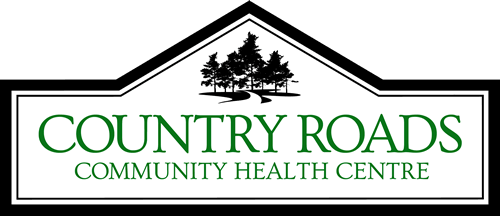Palliative and End of Life Care
Also called end of life care, this is care provided to someone with a terminal illness or who is at the end of their life. This can be provided early in the course of illness, together with other treatment plans or therapies.
While palliative care can be offered at any time from diagnosis to bereavement, end of life care often focuses on the last months or years of the patient’s life when the illness is life-threatening.
Our End-of-Life Care Program focuses on advance care planning, family and caregiver support, and system navigation for those who are diagnosed with a terminal illness, nearing end of life, or simply just want help identifying and communicating their wishes for end of life. Our End-of-Life Doula, Mary, and Client Navigator, Darlene, can help you and your loved ones talk about what end of life should look like, help you choose a substitute decision maker, and help you and your family navigate your physical, psychological, and spiritual needs.
Advance Care Planning is not just about preparing for end-of-life. It is about planning for any healthcare needs you may have in the future. We are committed to assist you in reflecting and communicating your goals of care, what matters most to you and advocating with all your healthcare team members. Our focus will be to improve overall coordination and quality of care, reduce unnecessary hospitalizations and enable clients to remain at home as long as possible.
How to access this service
Ask your primary care provider for more information on end-of-life options, advance care planning, palliative care, and medical assistance in dying (MAID).
Additional information
Palliative care for families
Palliative care is often thought of as the care provided to those living with life-limiting illness. However, palliative care is also important to support the family members of patients.
In other words, palliative care supports patients and their families by providing:
Help to relieve suffering through:
Pain management
Symptom management—for symptoms such as nausea, anxiety, depression, difficulty breathing, etc.
Improvements to quality of life
Psychological, social, emotional, spiritual, and practical support
Support for family caregivers during the illness and after the death of the person they’re caring for.
What is MAID?
Medical assistance in dying (MAID) is a process that allows someone, who is found eligible to be able, to receive assistance to end their life.
Both doctors and nurse practitioners can provide MAID. You do not need to have a terminal or fatal condition to be eligible for MAID.
Resources
Here are some additional resources and information on palliative care and MAID in Ontario:
